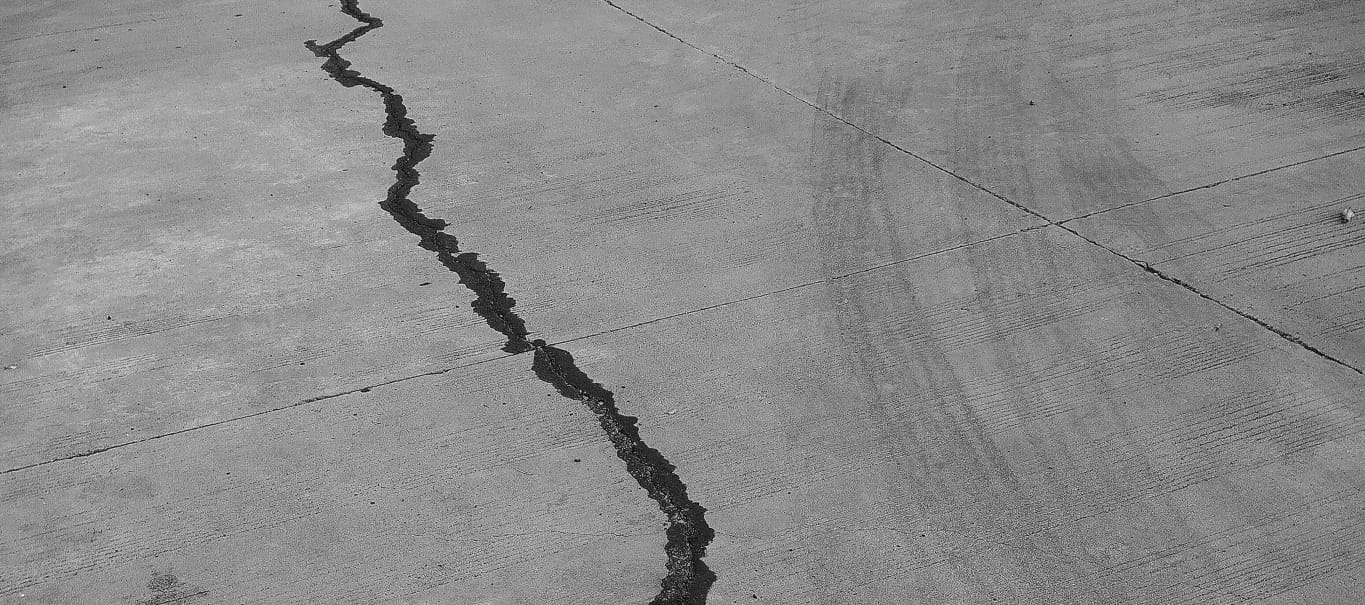What is a field seismologist?
Seismology is the branch of science concerned with the study of earthquakes. Field seismologists use instruments like seismographs to collect data and monitor the earth’s composition. The data collected is used to understand why seismic events like earthquakes happen, and to develop technologies to predict such events.
What’s the difference between a field seismologist and a geophysicist?
Although both roles have similar responsibilities, field seismologists specialise in the study of earthquakes and other seismic events. This contrasts with the work of geophysicists, who study the natural environment in general.
What are the typical responsibilities of a field seismologist?
Typical responsibilities of a field seismologist include: identifying geographic areas where seismic data often occur, setting up devices to record and measure the movements of the earth, analysing and interpreting the data collected, using the data collected to construct models of the Earth’s subsurface, educating the public about preparing for natural disasters, publishing findings in scientific reports, and informing the media when natural disasters occur.
Where do field seismologists work?
As a field seismologist, you’ll work in the field collecting data, and in the lab analysing the data. When working in the lab, your hours will follow a more standard nine-to-five schedule; however, the work will increase as deadlines approach. In the field, you’ll work on a less consistent schedule, depending on the weather conditions and the terrain. Despite the unpredictability of field work, it’s still incredibly exciting, with opportunities to work abroad.
Who employs field seismologists?
A number of organisations are seeking field seismologists. Examples include: oil and gas exploration companies, research facilities providing seismic data for government use, environmental consultancy organisations, and academic institutions like universities and think tanks.
What skills do I need to be a successful field seismologist?
You’ll need excellent IT skills, as this will enable you to use the complex software that creates 3D models of the earth. Excellent verbal and written communication skills are also essential, to communicate your findings to the media and the general public. Flexibility to travel, and organisational skills are also valuable.
How do I become a field seismologist?
To become a field seismologist, you’ll need an undergraduate degree in a relevant field. Common degrees include: maths, geology, physics and environmental geoscience. A postgraduate degree is not necessary, but is favoured by many employers.
